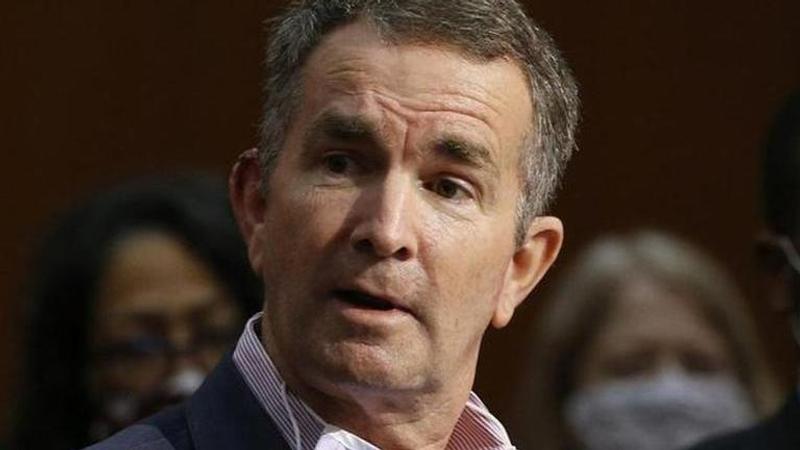Published 23:16 IST, August 5th 2020
Virginia first to roll out pandemic app from Apple, Google
Virginia has rolled out a smartphone app to automatically notify people if they might have been exposed to the coronavirus, becoming the first U.S. state to use new pandemic technology created by Apple and Google.

Virginia has rolled out a smartphone app to automatically notify people if they might have been exposed to the coronavirus, becoming the first U.S. state to use new pandemic technology created by Apple and Google.
The free Covidwise app is available in Apple and Android app stores as of Wednesday. State officials, who emphasized that the app doesn’t track user location or collect personal information, announced public campaigns encouraging people to download and use it.
“We’re using every possible approach to fight this virus and keep Virginians healthy,” Virginia Gov. Northam said in a prepared statement provided to The Associated Press.
The technology arrives nearly four months after Apple and Google partnered to create the software for public health agencies trying to contain the spread of the pandemic. Canada and a number of European countries have already rolled out apps using the tech companies’ framework.
The app, developed by SpringML, relies on Bluetooth wireless technology to detect when someone who downloaded the app has spent time near another app user who later tests positive for the virus. Those who test positive can anonymously notify others to help stop the spread of COVID-19.
The Virginia health department will issue pin numbers to users who want to automatically report a positive test tied to their lab records in order to prevent malicious actors from sharing false positives.
“Your device will share anonymous tokens via Bluetooth with other COVIDWISE users,” the app says. “If another user you’ve been nearby tests positive for COVID-19 within a 14-day period, your app will notify you.”
People who receive a warning of possible exposure can seek advice from the health department or their doctor.
Information on Virginia’s public health department website says the app measures close contact as within 6 feet of someone for at least 15 minutes, using guidelines from the U.S. Centers for Disease Control and Prevention.
If, for instance, there are two students in adjacent dorm rooms with a wall between them, the health department says the wall would be expected to diminish the signal strength between devices but a notification might still be triggered depending on the composition of the wall.
A number of states have expressed interest in the Apple-Google technology, including Alabama — which has begun pilot testing — South Carolina, North Dakota and Pennsylvania.
“Everyone is trying so hard and there’s limited time, limited capacity,” said Sameer Halia, who is working to launch an app in Arizona using the Google and Apple software. “Every state will look at what their needs are and what their population cares about and make a decision.”
Several states have introduced apps using other approaches, such as satellite-based GPS location tracking, but there’s little evidence they have been successful. Unlike the Apple-Google model, many of these apps send data to public health officials so they can use it to trace the contacts of infected patients. One of the first to launch, in Utah, has since disabled location-tracking features. Rhode Island’s app uses GPS and has been downloaded by nearly 70,000 people, about 7% of the population, but health officials don’t know how often it has led to someone being notified of an exposure. Instead of an automatic notification, it is meant to jog someone’s memory by showing them — or health workers — where they have been for the past two weeks.
“While we know that it has been very helpful in many cases, we can’t say exactly how many,” said Rhode Island health department spokesman Joseph Wendelken.
Privacy advocates have largely favored the approach taken by Apple and Google, but some health experts have questioned its effectiveness, especially if there are too many false alarms and if local health agencies don’t have the capacity to test enough people.
Apple and Google didn’t immediately return a request for comment Wednesday.
The Virginia health department website advises that because a positive diagnosis must be verified with the department through the issuance of a PIN number, the app is currently “much less effective outside of Virginia.”
“There have been discussions regarding a federal database for positive diagnosis verification which would greatly simplify interoperability of exposure notification apps between states. It is not currently certain when this will be available,” the website says.
Updated 23:16 IST, August 5th 2020




